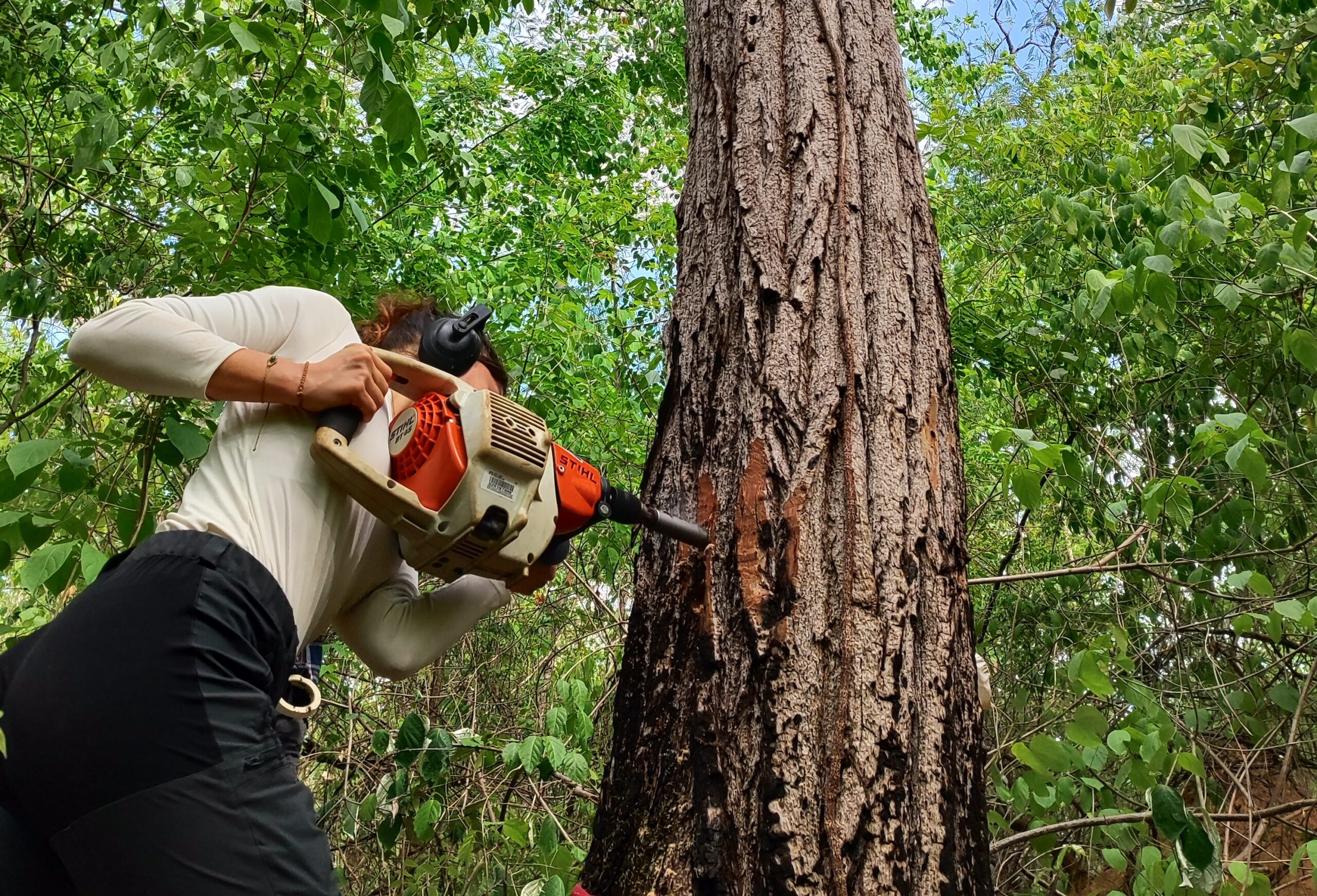The island state of Vanuatu — which is suffering badly from rising sea levels caused by climate change — wanted the highest UN court to give its opinion on states’ obligations regarding climate change and on what should happen if states fail to fulfil those obligations. The International Court of Justice issued its advisory opinion at the end of July. Resource asked Law Group assistant professor Chiara Macchi what it all means.
1. What does the advisory opinion say?
‘In the Paris Climate Agreement in 2015, 195 countries agreed to seek to stop climate change and keep global warming below 1.5 degrees with respect to temperatures in the pre-industrial era. They were allowed to decide on their own national measures. It now turns out not all countries have made enough of an effort, which is why we are increasingly seeing the effects of climate change.
‘According to the International Court of Justice, nationally determined measures must be aligned with the goal of 1.5 degrees. Those contributions must also be of the “highest possible ambition” while being based on the best available science as laid out by the IPCC (the UN’s Intergovernmental Panel on Climate Change), and must become increasingly demanding over time. This advisory opinion is not a binding judgment, but it’s still extremely authoritative and could affect how national and international courts interpret laws. This opinion by the International Court of Justice also puts an end to the narrative of certain states that they have full discretion in how to address climate change.’
Any state can hold another state to account, even if the complainant state hasn’t been harmed directly by climate change
Chiara Macchi, assistant professor at the Law Group
2. So now countries that have weak or non-existent climate policies can be held to account?
‘Yes. The International Court of Justice says combatting climate change is an erga omnes obligation, meaning an obligation states owe to the international community as a whole. That also implies any failure to fulfil such obligations concerns all countries, not just the countries that are harmed by climate change. Any state can hold another state to account for failing to comply with those obligations, even if the complainant state hasn’t been harmed directly by climate change. In practice, whether this happens will depend on states’ political willingness to hold other states accountable, potentially fuelling diplomatic tensions.’
3. So what will happen?
‘The UN court says countries have to cooperate more with one another because climate change is a shared problem. In particular, developed countries must provide financial support and technology transfer to developing countries. In addition, the International Court of Justice says that the duty of states to cooperate in combatting climate change is a rule of customary international law, which means that it is an obligation for all states regardless of whether they have signed the relevant international treaties — such as the Paris Agreement.’
4. Can this decision be used to put pressure on states?
‘Civil society organizations (such as Greenpeace and Milieudefensie) could start lawsuits against states from a stronger standpoint. They can rely on this legal opinion, as an authoritative interpretive source, when asking the courts to compel states to adopt more ambitious climate policies. Unfortunately, the advisory opinion is not a magic wand that can force governments to do their job, but it is an additional tool in the fight against climate change. That is the best hope we have.’

 The Peace Palace in The Hague, where the International Court of Justice is located. Photo Shutterstock
The Peace Palace in The Hague, where the International Court of Justice is located. Photo Shutterstock 

